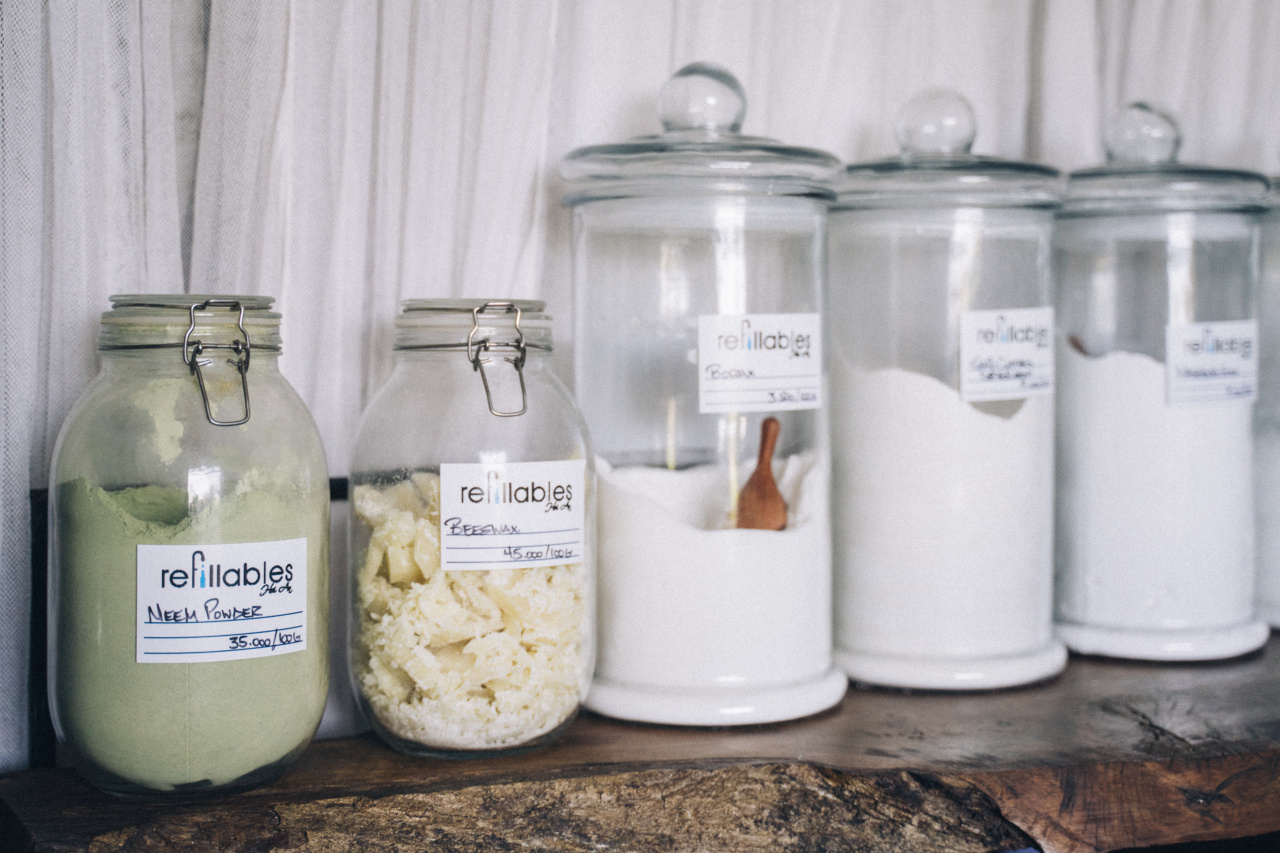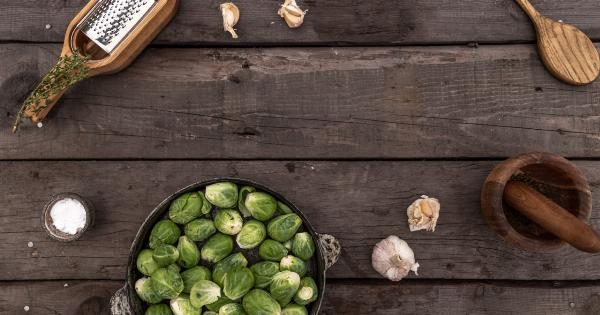There has been a lot of debate over the health benefits of organic foods in recent years.
Organic food is grown without the use of synthetic pesticides and fertilizers, and organic animal products come from animals that are given no antibiotics or growth hormones. While some people believe that organic foods are healthier than non-organic foods, others argue that there is no scientific evidence to support these claims.
However, a growing body of research suggests that organic foods may indeed be healthier than their non-organic counterparts.
Less Exposure to Chemicals
One of the main reasons organic foods are believed to be healthier is that they contain fewer harmful chemicals. Pesticides and herbicides are often used in non-organic farming to control pests and weeds.
These chemicals can be harmful to human health, and they have been linked to a range of health problems, including cancer. In contrast, organic farmers use natural methods to control pests and weeds, such as crop rotation and the use of natural predators.
More Nutritious
Another reason why organic foods may be healthier is that they tend to contain more nutrients than non-organic foods. Organic crops are usually grown in healthier soil, which is rich in nutrients and free from synthetic chemicals.
This means that organic fruits and vegetables contain more vitamins, minerals, and antioxidants than their non-organic counterparts. Additionally, organic animal products tend to be higher in omega-3 fatty acids, which are important for heart health.
Less Risk of Antibiotic Resistance
Organic animal products are also believed to be healthier because they come from animals that are given no antibiotics or growth hormones.
The overuse of antibiotics in non-organic farming has led to the development of antibiotic-resistant bacteria, which can cause serious health problems in humans. By choosing organic animal products, consumers can reduce their risk of coming into contact with these antibiotic-resistant bacteria.
Taste Better
Many people also believe that organic foods taste better than non-organic foods. Organic produce tends to be fresher and riper than non-organic produce, which can result in a more flavorful and nutritious product.
Additionally, organic farmers often use traditional farming methods, which may result in crops that are more flavorful and unique.
Less Environmental Impact
In addition to their health benefits, organic foods are also better for the environment. Organic farming methods are more sustainable than non-organic methods, as they do not rely on synthetic fertilizers and pesticides.
Organic farming also tends to use less water and produce less waste than non-organic farming, which can help to reduce the environmental impact of agriculture.
Debunking Common Myths About Organic Foods
Despite the growing evidence that organic foods are healthier than non-organic foods, there are still many common myths and misconceptions surrounding organic farming.
One of the most common myths is that organic farming is more expensive than non-organic farming. While it is true that some organic products can be more expensive than their non-organic counterparts, this is not always the case.
In fact, some studies have found that the price difference between organic and non-organic products is not as significant as many people believe.
Another common myth is that organic farming is less productive than non-organic farming. While it is true that organic farming methods may result in lower yields than non-organic methods in some cases, this is not always true.
In fact, many organic farmers have been able to achieve high yields using sustainable farming methods, and some studies have found that organic farming can be just as productive as non-organic farming.
Conclusion
In conclusion, while there may still be some debate over the health benefits of organic foods, the evidence is increasingly suggesting that organic foods are indeed healthier than non-organic foods.
By choosing organic foods, consumers can reduce their exposure to harmful chemicals, boost their nutrient intake, and reduce their risk of antibiotic resistance. Additionally, organic farming is better for the environment and may even result in tastier and more unique products. So, next time you visit the grocery store, consider choosing organic products for a healthier and more sustainable diet.




























